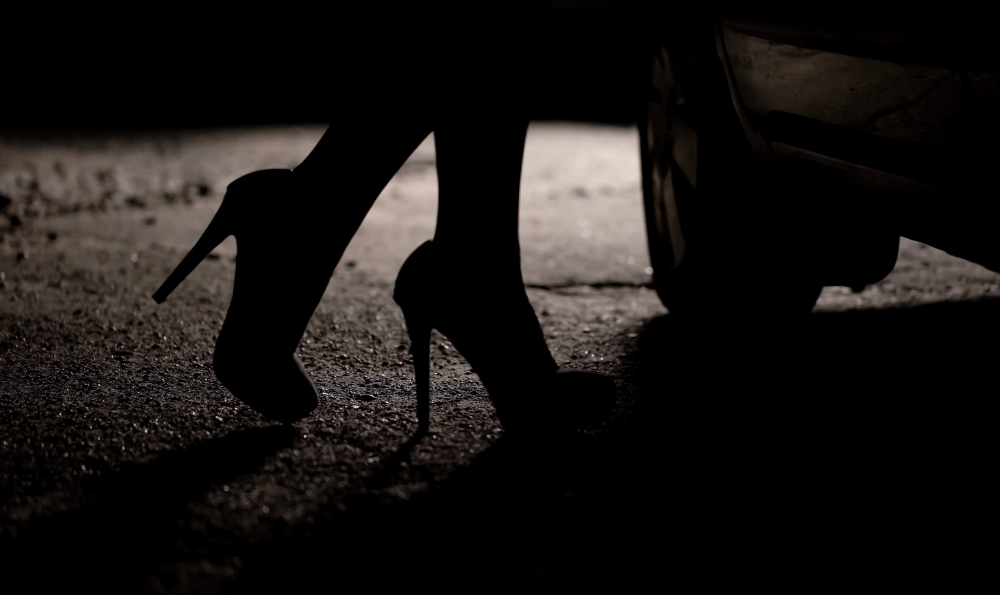
State's historic move spells out changes to its Equal Opportunity law

In early May of this year, the state of Victoria historically decriminalised sex work after forty years of “tireless advocacy” by sex workers and their allies. “Every Victorian worker, no matter their industry, deserves to feel safe in their workplace,” the Victorian government said.
In February, the Victorian parliament passed the Sex Work Decriminalisation Act 2022 and has recently become law. The state’s rationale revolved around the idea that sex work is “legitimate work and is better regulated through standard business laws.”
According to the Victorian Equal Opportunity and Human Rights Commission (VEOHRC), the move to decriminalise would mean that the state “recognises that consensual sex work is legitimate work,” adding that sex work would now be “regulated like all other industries in the state,” ensuring that workers in this industry are “entitled to the same treatment and protections as any other worker.”
Victoria’s decriminalisation process would occur in two stages to allow time to transition to a different regulation model.
The first stage has already begun on 10 May 2022, and includes:
The second stage is expected to start in December 2023 and will include:
Meanwhile, to ensure proper legal integration of this recent legislative development, the state had also changed some relevant provisions in its Equal Opportunity Act 2010 to reflect that sex workers cannot be discriminated against based on their work or refused accommodation due to their profession.
The VEOHRC said that these anti-discrimination protections would “reduce the social stigma towards sex work, and promote the health, safety and human rights of all sex workers in Victoria.”